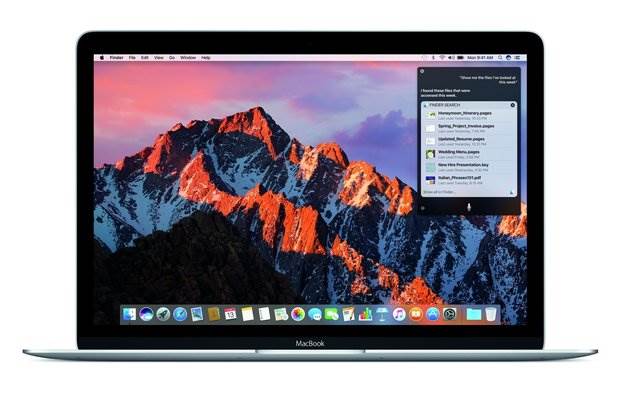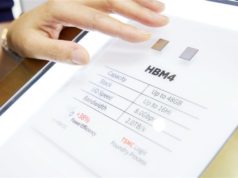Without the MacOS update released this week, Apple’s disk encryption can be easily defeated by connecting a specially crafted device to a locked Macbook.
The attack is possible because devices connected over Thunderbolt can access the computer’s RAM directly before the OS is started through the direct memory access (DMA) feature. The DMA mechanism is typically used by disk drive controllers, graphics cards, network cards, and sound cards because accessing the memory through the CPU would otherwise keep the processor busy and unavailable for other tasks.
Apple’s MacOS has DMA protections, but they only kick in when the OS is running. However, the EFI (Extensible Firmware Interface)—the modern BIOS—initializes Thunderbolt devices at an early stage in the boot process and this enables them to use DMA before the OS is started, security researcher Ulf Frisk said in a blog post.
The second problem is that the password for Apple’s FileVault 2 disk encryption is stored in memory in plain text if the disk has been unlocked once. This means that when a Mac has its screen locked or returns from a sleep state, the password will still be in memory.
Furthermore, the password doesn’t get scrubbed from memory on reboot and is only shifted around to a different location within a fixed memory range, according to Frisk. The only time the password is removed from memory is when the Mac is shut down because that’s when RAM contents are completely cleared.
The researcher created a hardware device running his custom software that he dubbed PCILeech. The device is capable of extracting FileVault passwords via DMA.
“This makes it easy to just plug in the DMA attack hardware and reboot the Mac,” Frisk said. “Once the Mac is rebooted the DMA protections that MacOS previously enabled are dropped. The memory contents, including the password, is still there, though. There is a time window of a few seconds before the memory containing the password is overwritten with new content.”
Frisk presented DMA-based attacks against the Linux, Windows, and OS X kernel at the DEF CON security conference in August, but he discovered the implications for Apple’s disk encryption after his presentation. He kept his findings secret until now at Apple’s request.
The researcher confirmed that the MacOS Sierra 10.12.2 update released this week fixes the security issue, at least on his MacBook Air.
“The solution Apple decided upon and rolled out is a complete one,” Frisk said. “At least to the extent that I have been able to confirm. It is no longer possible to access memory prior to MacOS boot. The mac is now one of the most secure platforms with regards to this specific attack vector.”







